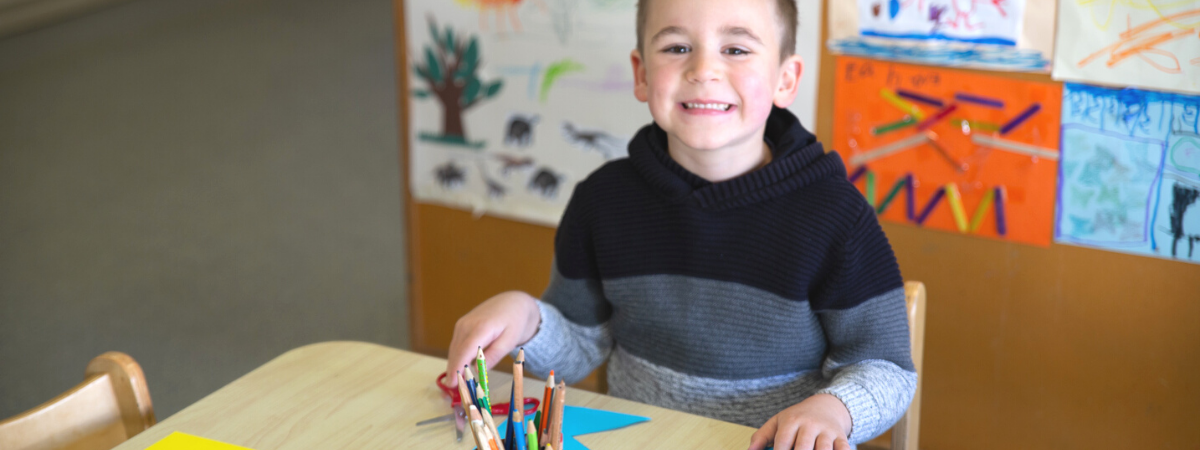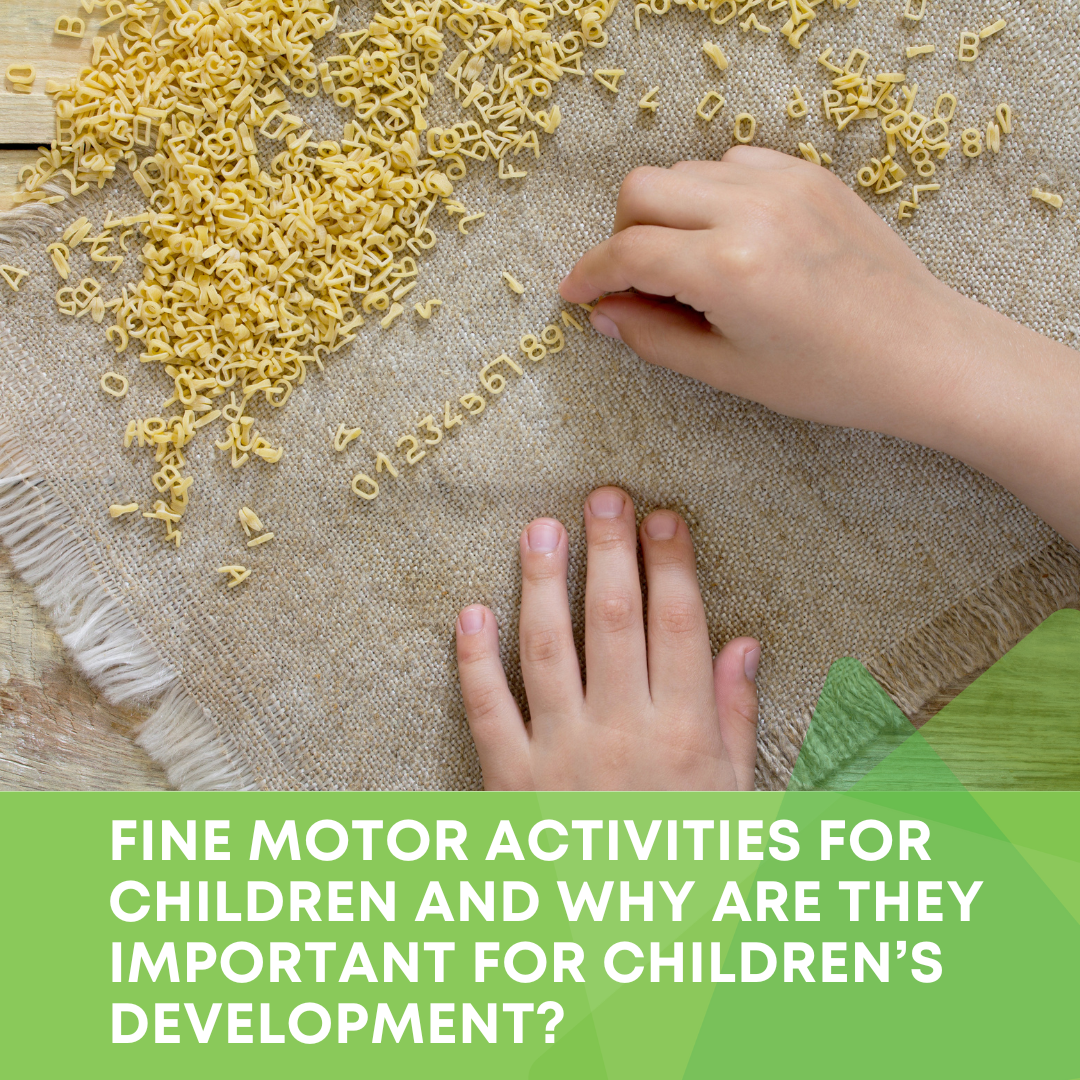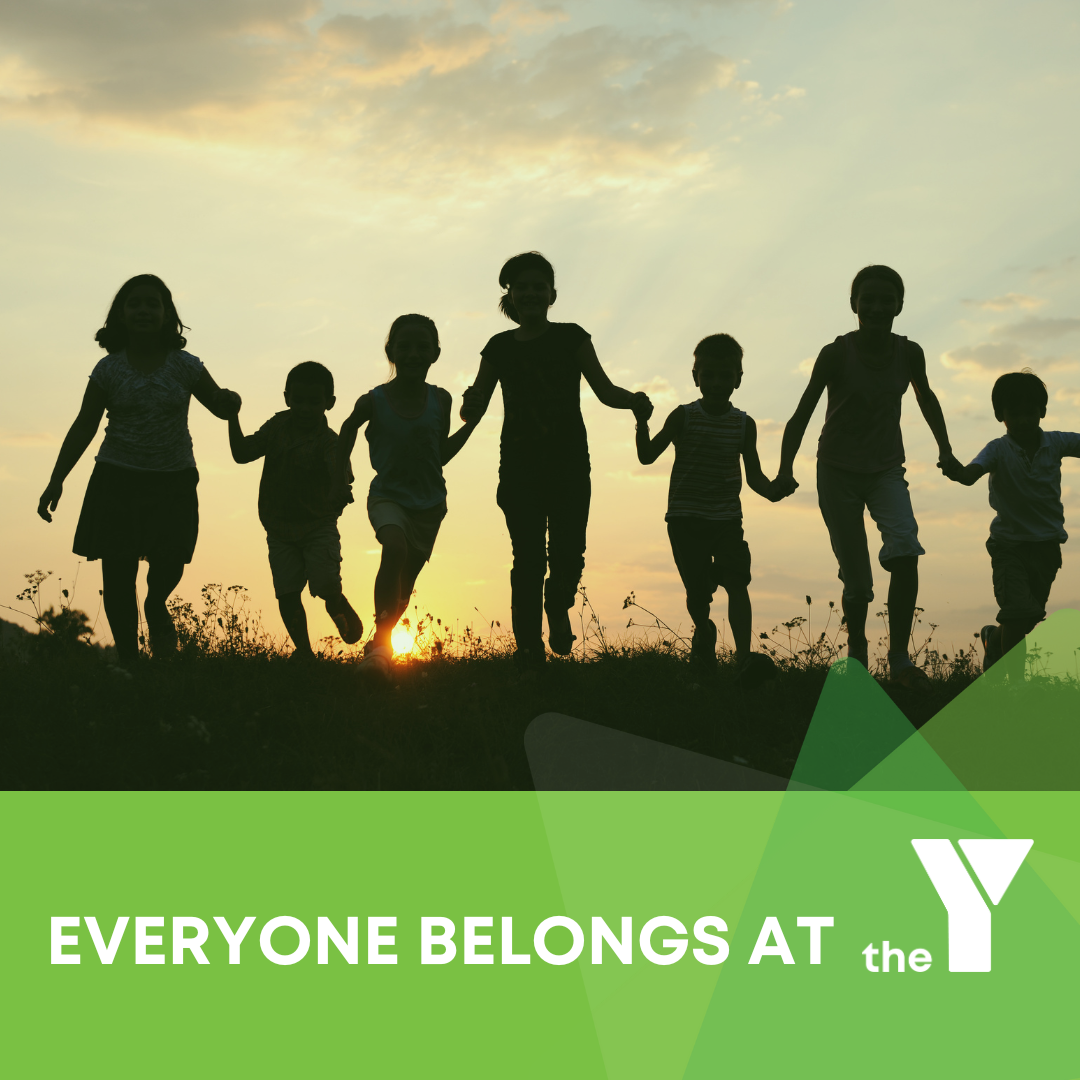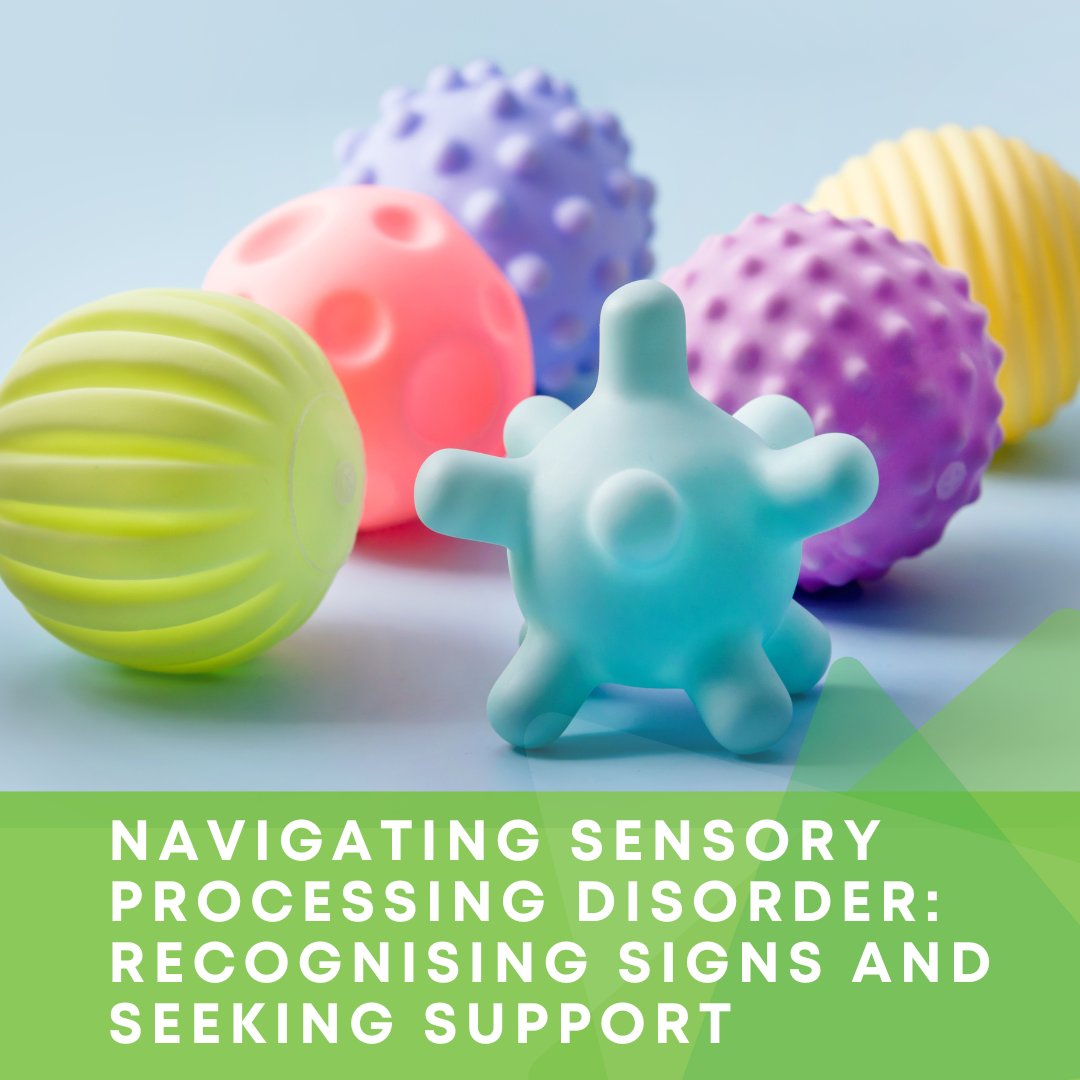Whatare fine motor skills? Fine motor skills involve the use of the smaller muscle of the hands, such as when doing up buttons, opening lunch boxes or using pencils or scissors. Fine motor skill efficiency significantly influences the quality...
Free sessional 3 and 4-year-old kinder
From 2023, the Victorian Government has announced Free Kinder will be available for all Victorian 3 and 4-year-old children at participating services, in both standalone (sessional) services and long day care (childcare) settings – a saving of up to $2,500 per child, every year.
Free Kinder means more Victorian children can have the best start in life, no matter where they live:
- For 3-year-olds chidlren, this means from 5 and up to 15 hours per week of a kindergarten program
- For 4-year-old children, this means 15 hours per week (600 hours a year)
Participating kindergarten programs receive funding directly from the Victorian Government, so families are not out of pocket (and don’t have to claim the savings back).
Our free kinder programs follow the Victorian Government’s directives and criteria. We will adjust our programs to meet any changes the Victorian Government may make to this initiative.
Up to $2,000 saving for long daycare kindergarten
If your child attends a kindergarten program within a long daycare setting you will be eligible for the Free Kinder subsidy of up to $2,000.
Long daycare centres will be required to pass on the subsidy as a direct reduction to parents’ out-of-pocket fees. This will result in a free program for some families and a significantly reduced cost for other families. This will depend on
- service fees
- number of days attended
- the amount of Commonwealth subsidy received.
What is the Kinder Tick?
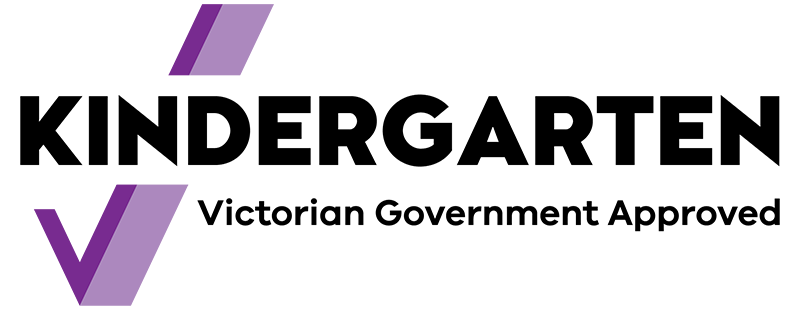
We are an approved provider of Victorian Government kindergarten programs. Our play-based learning programs are led by qualified, early childhood teachers.
The Kinder Tick shows we meet the Victorian Government’s funding guidelines. By looking for the Kinder Tick, you can be confident our kinder program gives your child their best start in life.
To learn more, visit vic.gov.au/kinder or read the Kinder Tick Families Fact Sheet.
Application process
Enrol in our sessional kindergarten program at:
- Galada Kindergarten
- The Heights Kindergarten
- Orchard Road Community & Early Learning Centre
- Kirrip Kindergarten
- Eucalyptus Parade Kindergarten.
To enrol in our 3-year-old Funded Kindergarten program, contact the centre directly:
FAQs
What is the difference between a sessional and an integrated kindergarten?
There is no difference between these programs other than the length of days and the allocation of days to attend. A long daycare centre can offer a full day of education and care, including a kindergarten program.
The teacher-led kindergarten program is integrated with additional hours of education and care. As a standalone service, a kindergarten program will only operate on certain days and at specific times. These days and hours are set by the kindergarten service.
What does free kindergarten mean?
It means the Victorian Government subsidises the program.
How do I enrol?
Please click here to see our enrolment process for each of our centres.
Does CCS cover funded kinder or is this an additional fee?
Typically CCS can cover up to 85% of your daily fee for long daycare kindergarten. It does not apply to sessional kindergarten.
When can my child start?
Your child must be 3 years old before they can start the program. If your child turns 3 after the 30 April, they cannot attend the 3-year-old kinder program. Work out when your child is due to start kindergarten.
What do our services offer?
Galada Kindergarten – Sessional 3 and 4 year old Kinder.
Orchard Road Community & Early Learning Centre – Sessional and Integrated 3 and 4-year-old Kinder.
Mill Park Heights Child Care Centre & Kindergarten – Integrated 3 and 4-year-old Kinder.
Diggers Rest Early Learning Centre – Integrated 3 and 4-year-old Kinder.
Kirrip Kindergarten – Sessional 3 and 4 year old Kinder.
Eucalyptus Parade Kindergarten – Sessional 3 and 4-year-old Kinder.
The Heights Kindergarten – Sessional 3 and 4-year-old Kinder.
What are the session times?
- 3-year-old sessional kinder: between 10 and 15 hours per week – please refer to our timetable on the relevant kindergarten page.
- 4-year-old sessional kinder: 15 hours per week – please refer to our timetable on the relevant kindergarten page.
- Long daycare program: 5 hours a day, 5 days a week.
For more information please contact the service you wish to enrol in.
What is the cost for kinder?
The programs for 3 and 4-year-old sessional kindergarten are free. This allows children to access kindergarten delivered by a qualified early childhood teacher at no cost.
Long daycare: the kinder fee is your daily fee after the childcare subsidy. A $2,000 Free Kinder subsidy will offset the kindergarten program component of your out-of-pocket fees.
Do we need to pay a deposit?
Sessional Kinder: you need to pay a non-refundable deposit of $50 to hold your child’s place. The deposit is deducted from the term fee.
Long daycare: you do not need to pay a deposit.
Should my child be toilet trained?
Your child does not need to be toilet trained to attend 3-year-old kinder. We assist all children with their toileting needs when and where required.
Does my child need to bring lunch or snacks?
Sessional Kinder: children need to bring a healthy lunch box and a drink bottle filled with water.
Long daycare: we provide lunch for all children attending long daycare.
How many children are in a kindergarten group?
Our 3-year-old kinder groups can cater for 15 to 22 children per day.
Our 4-year-old kindergarten groups cater for up to 33 children per day.
What programs do we offer?
Our kindergarten programs ensure children learn through play-based learning. Teachers help develop your child’s curiosity, concentration, resilience and creativity. They will learn the foundations of language skills, basic math concepts and how to regulate their behaviour. To see our programs please visit one of our Early Learning Centre pages:
Benefits of the our kindergarten
Research from across the globe shows that two years of quality kindergarten programs improves learning outcomes.
Children who attend 2 years of kindergarten also show higher levels of emotional intelligence and well-being in their school years and beyond.
Benefits of 3-year-old kindergarten
- Two years gives your child more time to develop essential skills to prepare them for school
- A minimum of 5 hours per week with Bachelor qualified teacher
- The perfect stepping stone to prepare them for 4-year-old kindergarten
- High-quality programmes
We also offer educational and rewarding extra-curricular activities, including:
- Y Ranger
- Y Chef
- Y Linguist
- Y Community
- Y Gardner
- Y Scientist
- Y Performer
- Y Athlete
Benefits of 2 years of kindergarten
- Develop socially and emotionally
- Develop resilience, self-awareness and respect for others
- Develop their language and numeracy skills through play-based learning
- Develop their physical skills – both fine and gross motor skills
- Develop their concentration and focus on tasks provided
Testimonials
See what our families have to say about our centres!
Galada Kindergarten
Phone: (03) 8457 0814
Email: galada@ywhittlesea.org.au
Address: 10A Forum Way, Epping VIC 3076
Diggers Rest Early Learning Centre
Phone: (03) 9740 0394
Email: drelc@ywhittlesea.org.au
Address: 10 Farm Road, Diggers Rest 3427
Mill Park Heights Childcare Centre & Kindergarten
Phone: (03) 9436 7063
Email: mphccc@ywhittlesea.org.au
Address: 31 Morang Dr, Mill Park VIC 3082
Orchard Road Community & Early Learning Centre
Phone: 1300 153 332
Email: orcelc@ywhittlesea.org.au
Address: 121 Orchard Rd, Doreen VIC 3754
The Heights Kindergarten
Phone:(03) 9436 7744
Email: theheights@ywhittlesea.org.au
Address: 31 Morang Drive, Mill Park, VIC, 3082
Kirrip Kindergarten
Phone: (03) 8408 6760
Email: kirrip.kinder@YWhittlesea.org.au
Address: 135 De Rossi Boulevard, Wollert.
Eucalyptus Parade Kindergarten
Phone: (03) 8408 6760
Email: Eucalyptus.kinder@ywhittlesea.org.au
Address: 38 Eucalyptus Parade, Donnybrook
Latest news
As we celebrate Harmony Week from Monday, March 18, to Sunday, March 24, 2024, we reflect on the theme of this year, “Everyone Belongs,” and its profound significance. This statement aligns perfectly with our global mission: “To empower children,...
What is sensory processing disorder? Sensory Processing Disorder (SPD) is a condition where the brain has difficulty processing and interpreting information received through the senses. This includes sight, sound, smell, taste, and touch. SPD can affect all your senses,...


